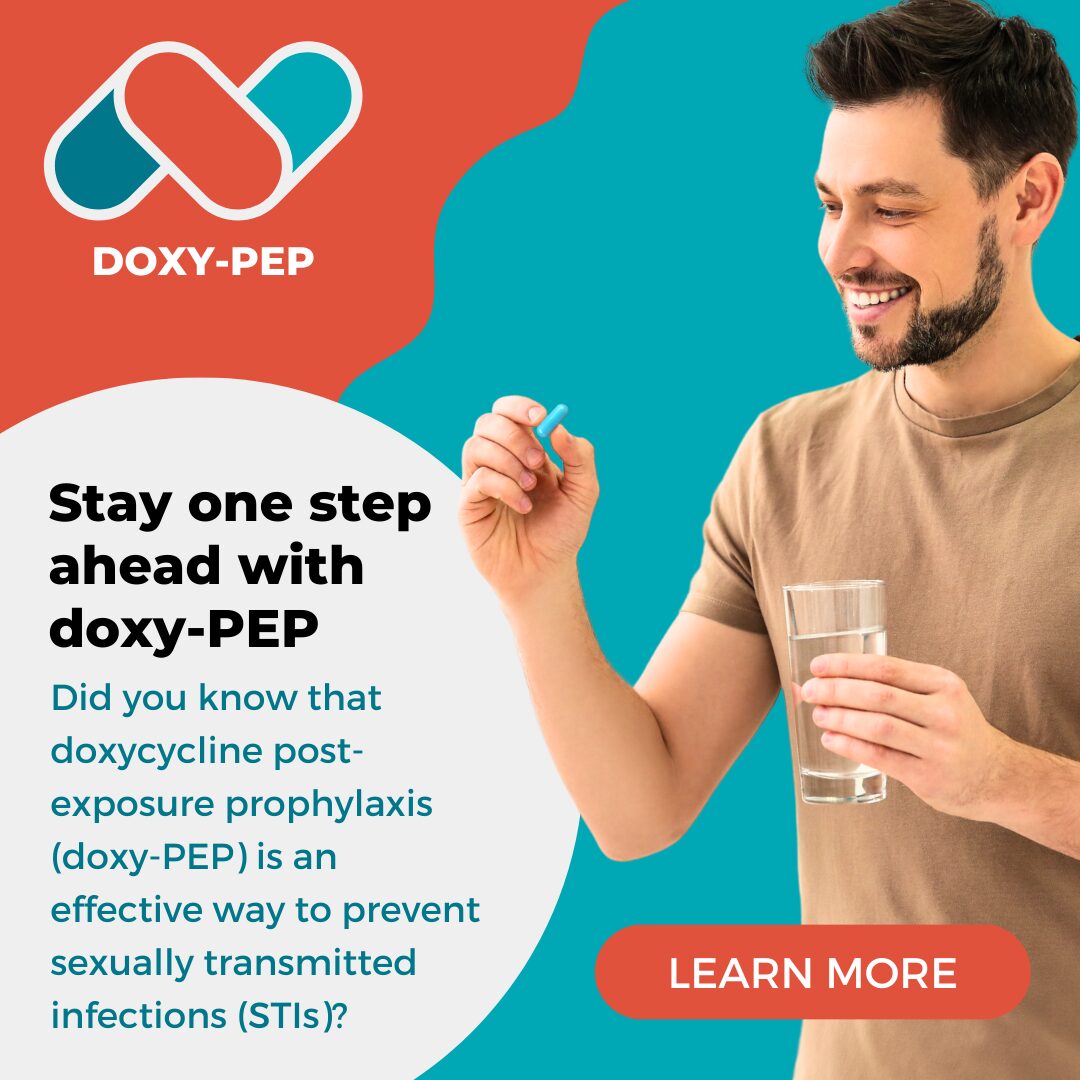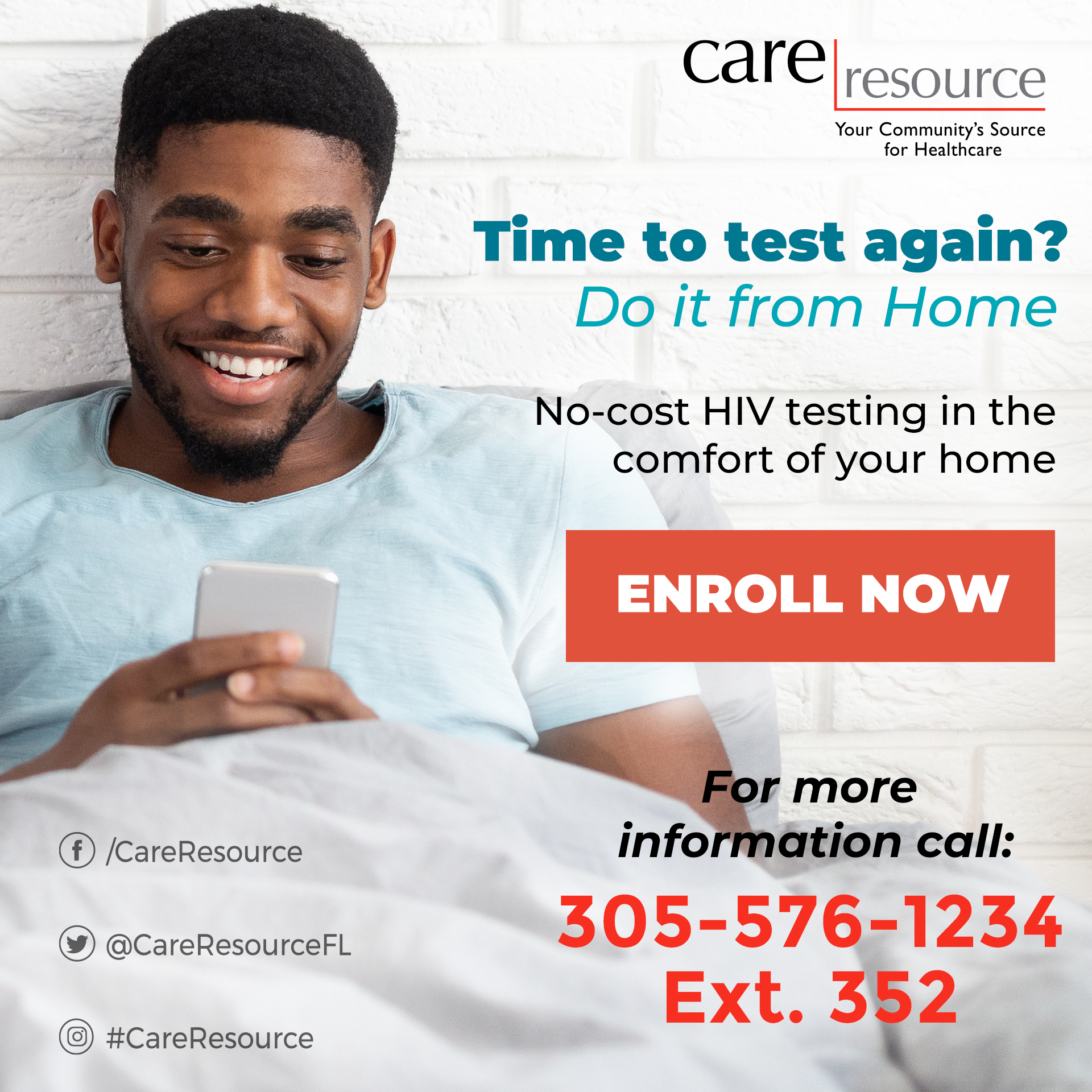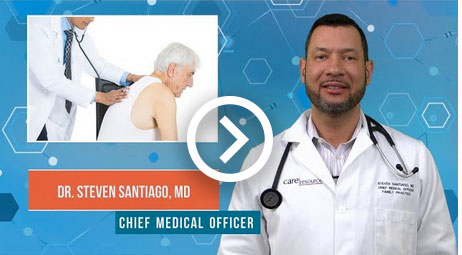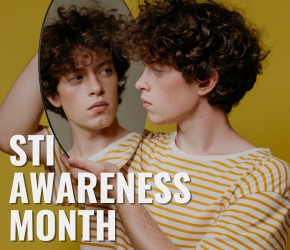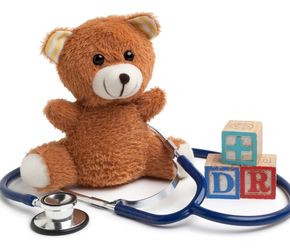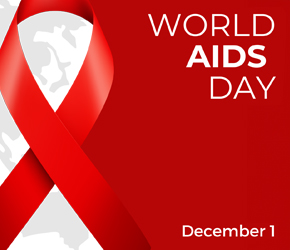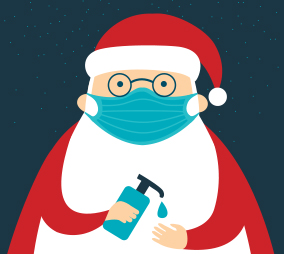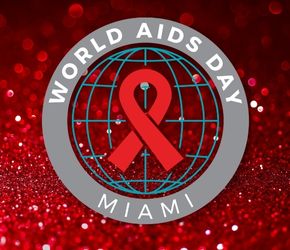Care Resource Observes National Condom Week (February 14-21, 2021)
National Condom Week highlights condoms as an essential component of high-impact STI (sexually transmitted infection) prevention. Condoms are integral to safe sex, serving as a protective barrier between sexual partners. Setting the terms and boundaries that make us feel comfortable during sexual encounters, including condom use, is essential. When our behavioral health is affected, we are more likely to neglect this crucial step and engage in high-risk behaviors. It’s important to overcome the stigma surrounding sex and discuss the role of condoms in having safe and informed sexual experiences.
 Let’s continue to include youth in the conversation. Among U.S. high school students surveyed by the Centers for Disease Control and Prevention (CDC) in 2019, of the 27% who reported they had sexual intercourse in the previous 4 months, 46% had not used a condom, and 21% had drunk alcohol or used drugs before their last sexual encounter. If teens choose to have sex, they should know how to protect themselves.
Let’s continue to include youth in the conversation. Among U.S. high school students surveyed by the Centers for Disease Control and Prevention (CDC) in 2019, of the 27% who reported they had sexual intercourse in the previous 4 months, 46% had not used a condom, and 21% had drunk alcohol or used drugs before their last sexual encounter. If teens choose to have sex, they should know how to protect themselves.
Inconsistent condom use also extends to adults. According to a National Health Statistics Reports (NHSR) by the CDC, the percentage of women and men aged 15-44 who did not use a condom during any intercourse in the past 12 months increased with older age. For women and men, respectively, the percentages were 15.7% and 6.9% among 15- to 19-year olds and 74.9% and 70% among 35- to 44-year olds.
Teens and adults seeking a safe, nonjudgmental space to discuss safe sex and access condoms at no-cost, should reach out to the health center’s Health Promotion Services Department. Our navigators can suggest proper condom use in conjunction with other birth control and biomedical HIV prevention options.
This National Condom Week, reflect on your sexual health habits, and consider how you can be more mindful. Then, reach out to a loved one who is at higher risk of contracting STIs, including HIV. Let them know you are talking to them because you care. Reach out to a young person who could use guidance and support, and tell them it’s okay to talk about sex—especially if they’re sexually active. Health interventions can start with us, in our relationships. Prevention is our duty—we do not have to wait to receive an unfavorable diagnosis to make healthier decisions.
